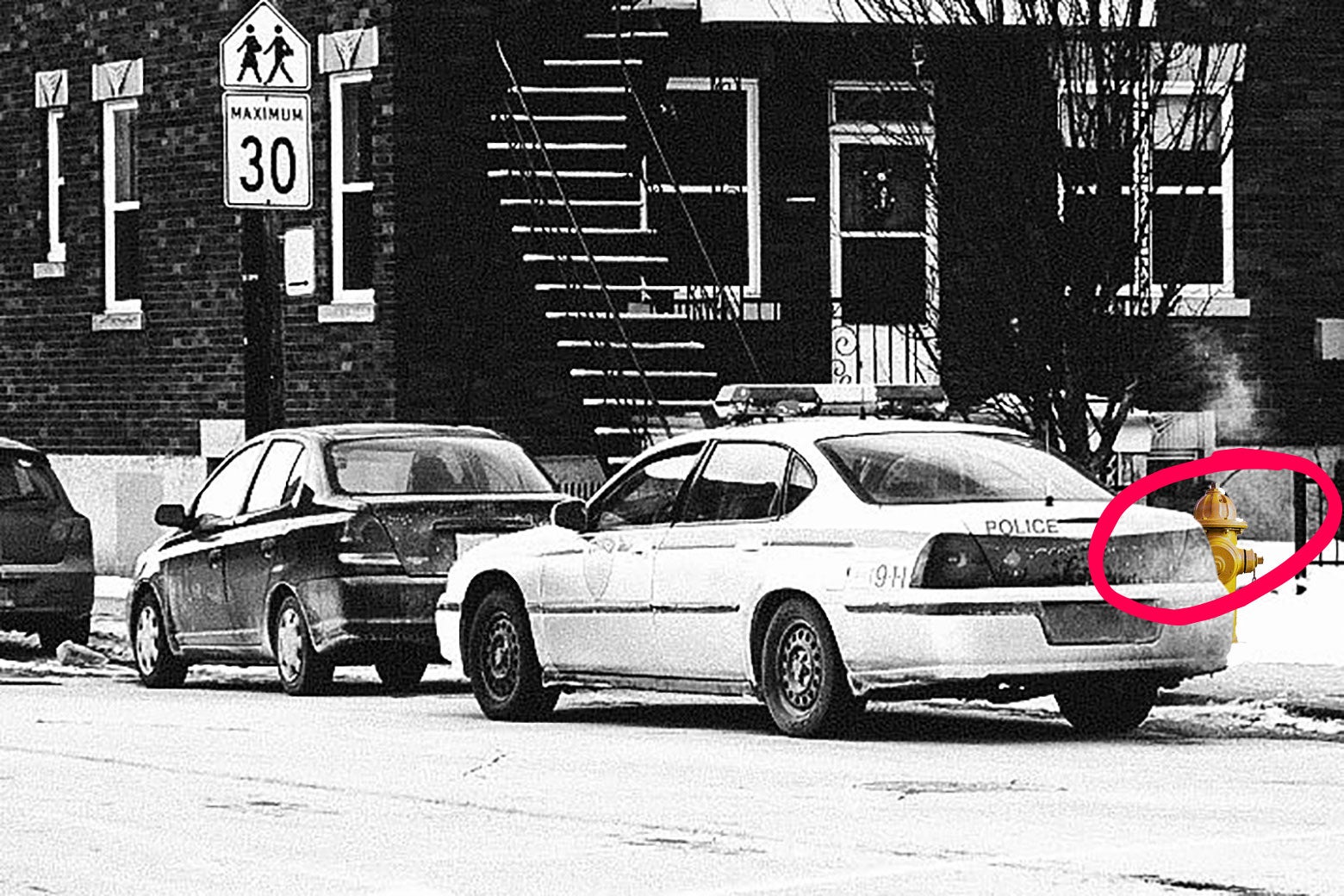Last week, the New York Post reported that New York City’s police union, the Patrolmen’s Benevolent Association, has reduced the number of PBA cards available to current and former officers. Each year, cops get a stack of these “get out of jail free” cards to give out to family and friends. If you get pulled over for speeding and flash one of these cards, the cop who flagged you down will likely let you go with a warning instead of a ticket.
The Post story quoted an unnamed “NYPD cop who retired on disability” who was extremely perturbed by the fact that PBA President Patrick Lynch had cut back the outlay from 30 to 20 cards each for current police officers and from 20 to 10 for retirees. “They are treating active members like shit, and retired members even worse than shit,” this anonymous officer said.
While police officers can’t believe that they’re getting treated so shabbily, the bigger scandal is that they get any special treatment at all. Maybe it’s naїve to believe in justice wearing a blindfold, but the boldness of institutionalizing a leniency policy via an official card makes a mockery of the notion that police try to operate on a level playing field.
And what goes for friends and family of police officers goes doubly for cops themselves. Do you think police officers ever get speeding tickets or get busted for parking illegally? If anything, when it comes to the types of minor infractions that are off limits to your average civilian, police officers flaunt their ability to do as they please. You see it every time a police cruiser is parked in front of a fire hydrant. This is something we take for granted when we talk about the police in America. To a large extent, they are above the law.
When police are put in the spotlight for allegedly breaking the law, it’s typically because they’re accused of doing something extraordinarily flagrant. Members of the Baltimore Police Department’s Gun Trace Task Force are now on trial in U.S.
District Court, accused of stealing cash out of people’s houses, keeping a stash of fake guns to plant on victims of botched shootings, and driving their cars at groups of young men, with the aim of chasing after the ones who run away. It’s like something out of a bad movie about crooked cops.
While it’s good that the criminal justice system saw fit to investigate these alleged actions, we shouldn’t have to wait until the police are accused of doing something totally out of bounds before we question whether law enforcement is abusing its power. That’s why it’s time to start holding police accountable for minor offenses. Think of it as turning “broken windows” policing around on the police.
The theory behind broken windows policing, introduced by academics James Wilson and George Kelling in the 1980s, is that officers can prevent the types of crime typically associated with urban communities by focusing on low-level offenses. If the windows aren’t broken, the theory goes, criminals will be less likely to engage in more serious criminal activity.
Broken windows, along with its cousin stop-and-frisk, has come under fire in recent years, as it’s become overwhelmingly clear that racial minorities and marginalized communities take the brunt of these heavy-handed tactics. And yet, the architects of the status quo insist there is no other way. When former NYPD commissioner Bill Bratton was ordered to abolish stop-and-frisk in 2014, he claimed the city would descend into “anarchy” without it. (That has proven incorrect.) And as for broken windows, George Kelling argued as recently as 2014 that the policy is fundamentally sound.
If the police are determined to continue advocating for a hard-line approach, perhaps it would be worthwhile to see how these ideas played out if used on police officers themselves. That would mean no more PBA cards, for starters. If it’s OK for one person to get away with a speeding ticket just because she happens to know a police officer, we’ve already decided that a just society is more a suggestion than a rule.
At a family wedding in Norway last summer, I told an Oslo police officer about the existence of PBA cards. This Norwegian cop was shocked, both at the flagrant cronyism and at the idea that cops regularly get away with violating the rules they’re paid to enforce. He said that if he were ever caught speeding off-duty, it would be better for him not to mention that he was a cop. Using his position to try to weasel his way out of a ticket, he said, would be akin to an American civilian trying to bribe a police officer with a $20 bill. It wouldn’t work, and it would probably get him into big trouble.
The idea that police officers operate under a different set of rules erodes their ability to serve their communities. Every time a police officer parks on the sidewalk, it’s a visible reminder that the laws that regulate the rest of us don’t apply to members of law enforcement. If we could foster a culture of accountability from the ground up, maybe we’d see the results trickle up the ranks. While it’s probably unrealistic to expect favoritism among officers to go away completely, getting rid of those PBA cards would be an extremely heartening move—a step toward realizing our ideals of blind justice and a level playing field.
